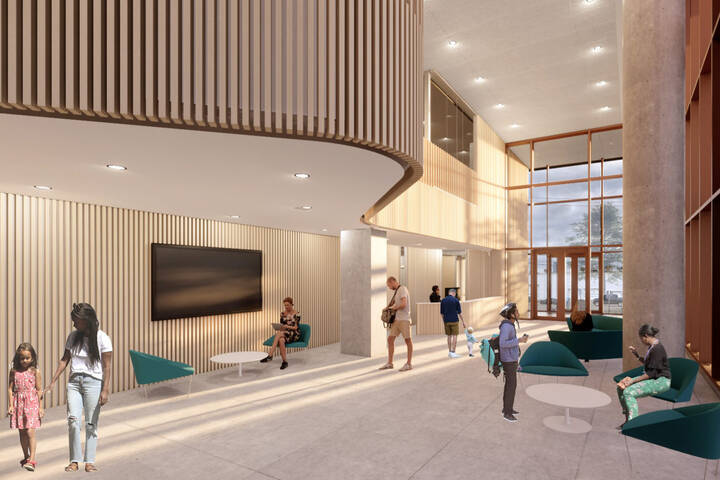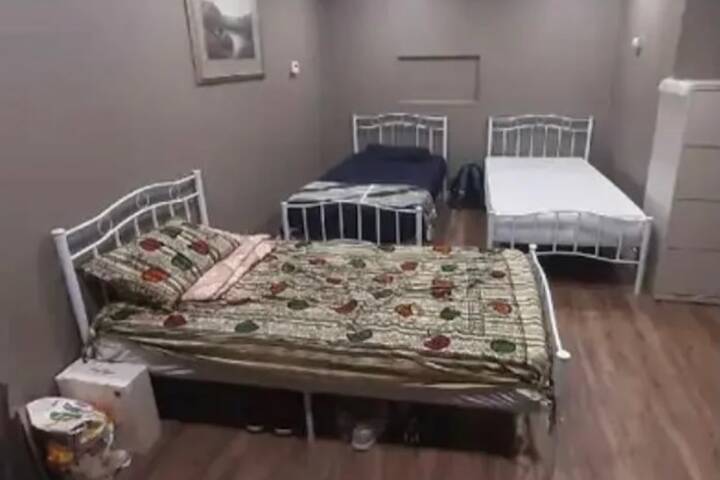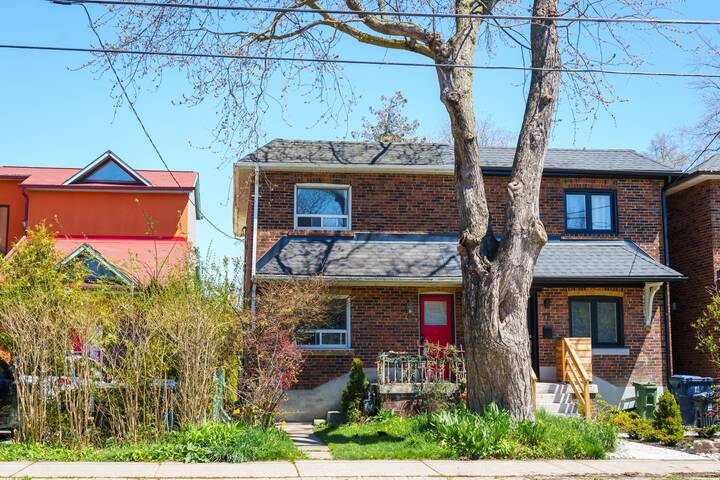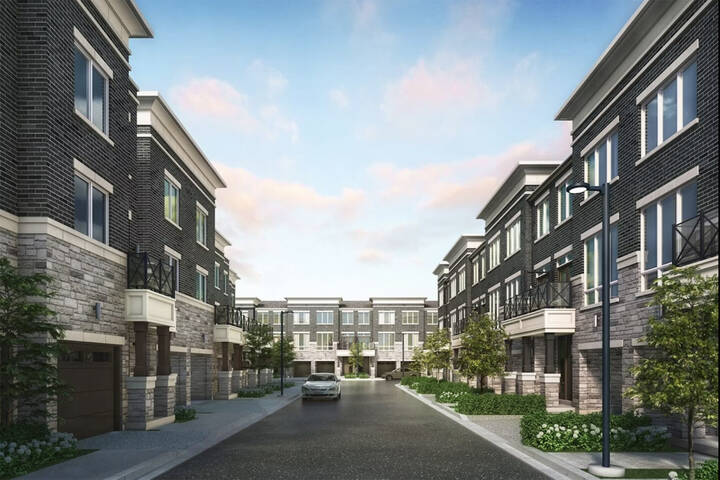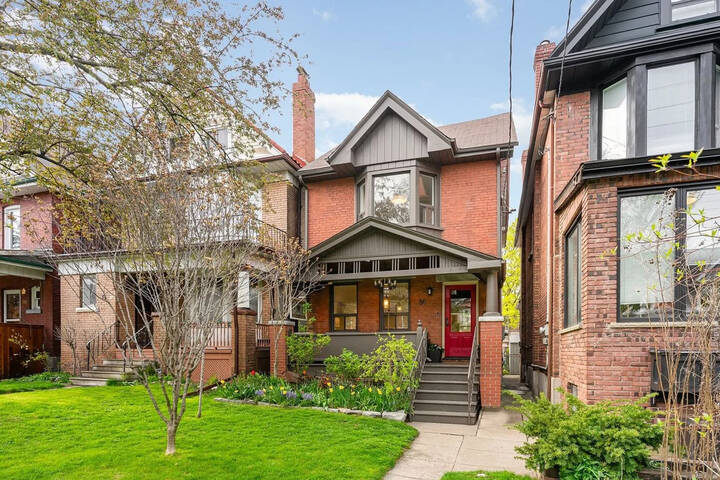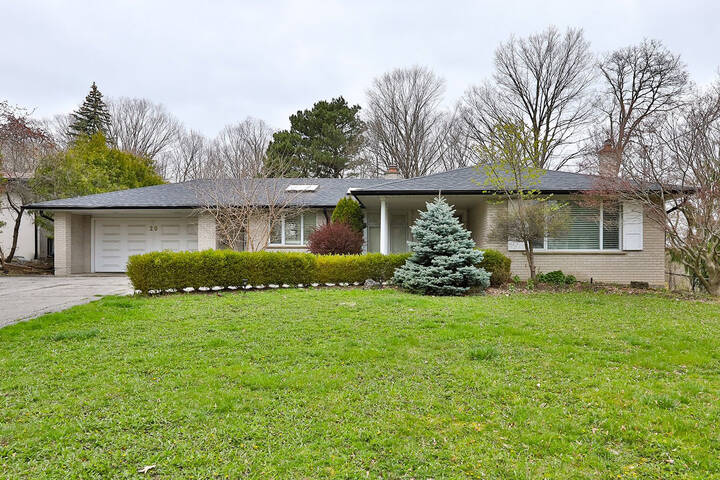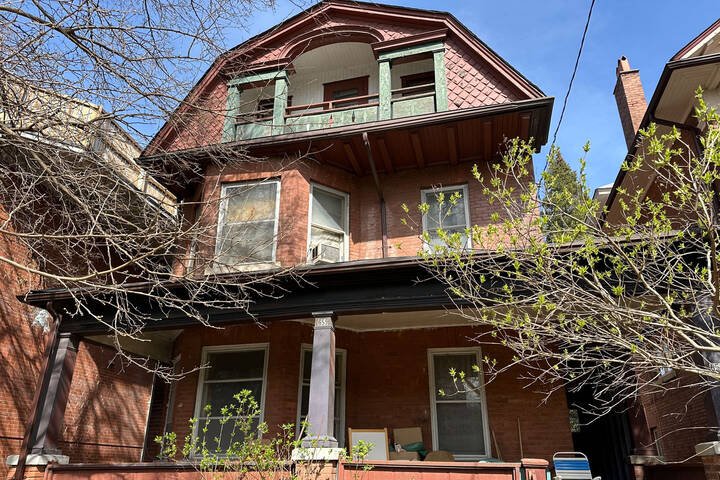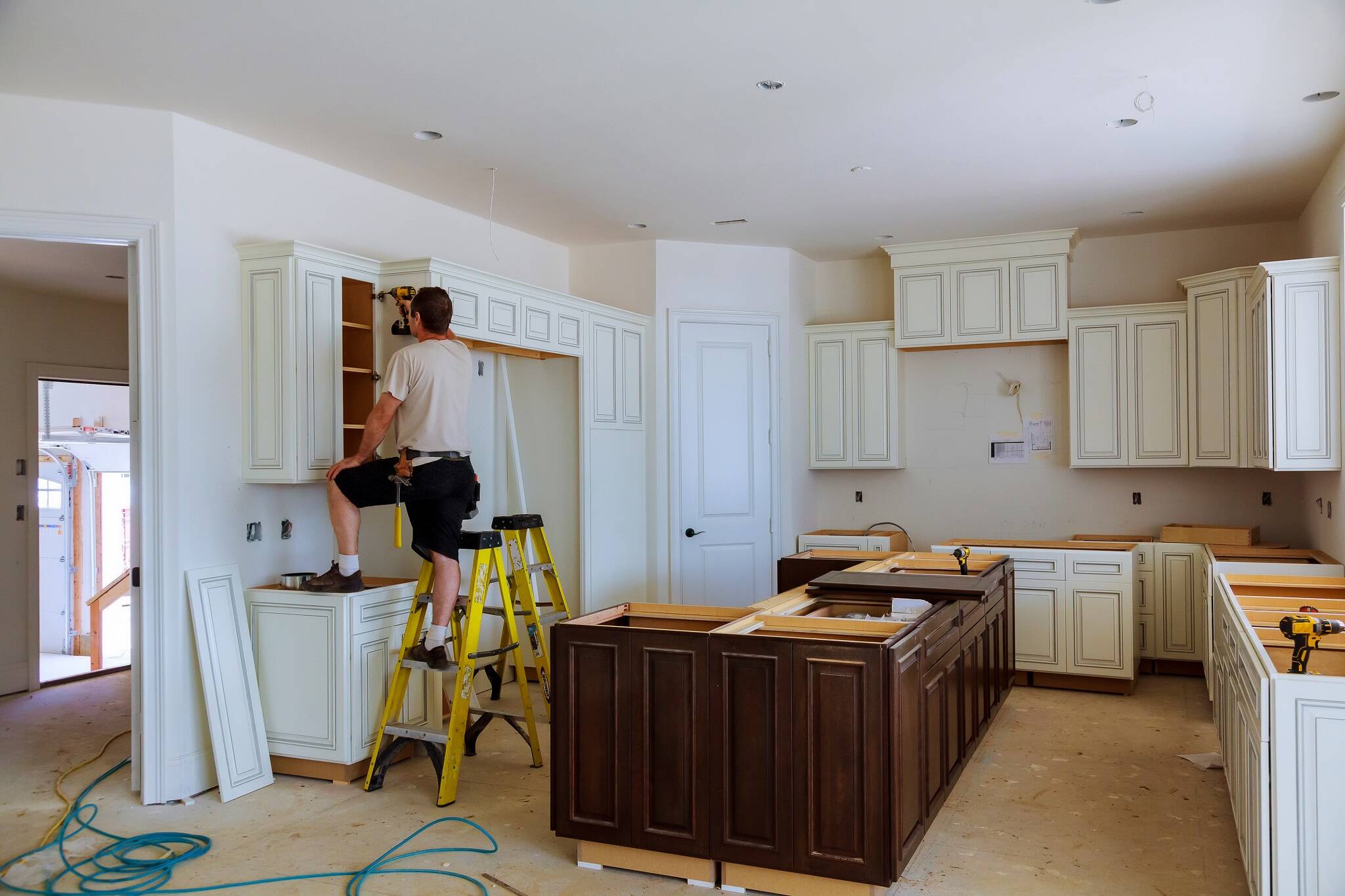
Permits and codes you need to know for your kitchen renovation in Toronto
Whether your kitchen renovation will require you to look up codes or acquire building permits really depends on what you plan to do.
The City of Toronto has clarified what type of work requires permits under the Building Code Act.
We can tell you that with a new kitchen underway, homeowners can generally expect to encounter permits and codes that regulate changes made to electrical systems, plumbing, and structural changes to the property.
Determine when you'll need a permit
The City's building department states that homeowners require permits for any "structural or material alterations" to their property.
Such alterations could include the addition of new windows and doors or enlarging existing windows and doors.
Many current kitchen renovators seek to execute an open-kitchen concept, which tends to imply the removal of at least one wall.
If this is you, you will require a structural permit before commencing any demolition.
Plumbing
The installation or modification of plumbing systems requires a permit.
If you're planning to install an island with a sink, you'll need a permit to relocate the drain and water pipes.
Electrical
The kitchen appliances we use every day draw in most of the power in almost any home. If you're not careful, you can easily overload a circuit.
In the absence of a breaker, overloading a circuit can overheat the insulation around a wire and spark a fire.
Newer kitchen models have implemented additional circuits dedicated to larger appliances like refrigerators, dishwashers, and kitchen fans to help keep things running smoothly in the home.
Additional wiring on existing circuits or additional circuits requires permits from the municipality.
Permit Application Process
Fortunately, you can apply for any variety of building permits and pay applicable fees online.
The Homeowner's Guide to building permits delineates this process in five steps. The first step involves determining whether the work you want to do complies with applicable zoning or bylaws, although this generally applies to jobs done on the exterior of a property.
The second step is to draft a plan for your renovation or new build. Trades typically hire an architectural engineer for this part.
With the architectural drawings complete, you're ready to send your application to the City of Toronto via email to bldapplications@toronto.ca or by visiting the customer service desk during regular service hours.
Codes to know while building your new kitchen
People who do this for a living are already pretty savvy about building codes, but it wouldn't hurt for you to be on the same page while overseeing your project.
These are just some of the building measures that keep kitchens safe and functional.
If you're adding a kitchen island sink, it's important that you or the trade you've hired vents the drainpipe within 6 feet (1.83 m) of the P-trap.
Keep in mind that any sink drainpipe should be 1 ½ inches (2.92 cm)
When building an island, it's also important to allow for 3.5 to 4 feet (1.06 m to 1.22 m) minimum clearance between your island and cabinets.
Note that Toronto's city sewer use bylaw prohibits the use of garburators in kitchens.
As with newer washrooms, all electrical wall receptacles must be GFCI-protected. Any receptacles near or around the countertops should be spaced out no more than 4 feet (1.22 m) apart.
Some newer kitchen fans come with a microwave built into them. If you're planning to accommodate this type of fan into your new kitchen project, you must have it running on a 20-amp circuit.
If you're only using a regular kitchen fan above the stove, it should be connected to a circuit of at least 15-amp.
As previously mentioned, appliances that soak up higher levels of electricity should have their own circuits for protection.
ungvar/Shutterstock
Latest Videos
Latest Videos
Join the conversation Load comments
